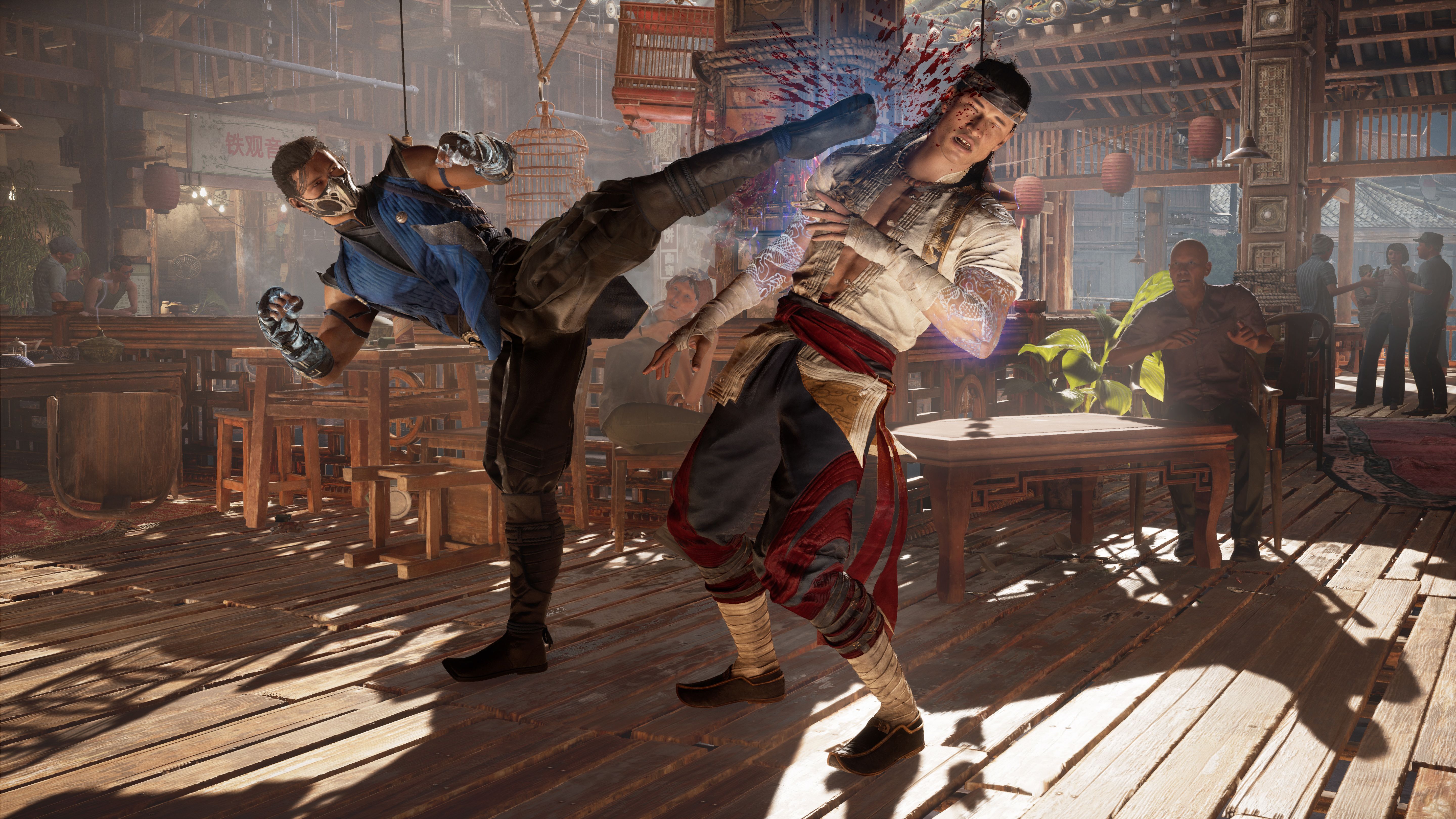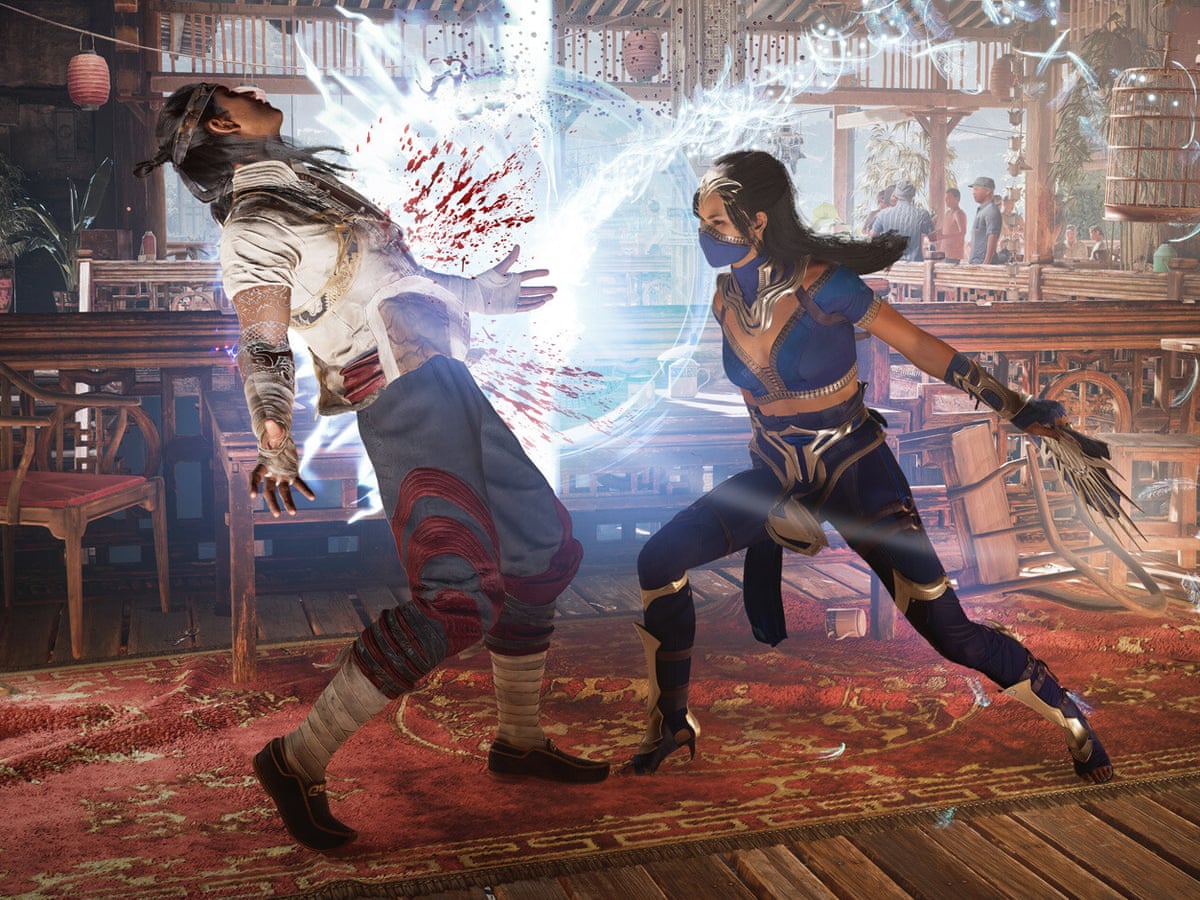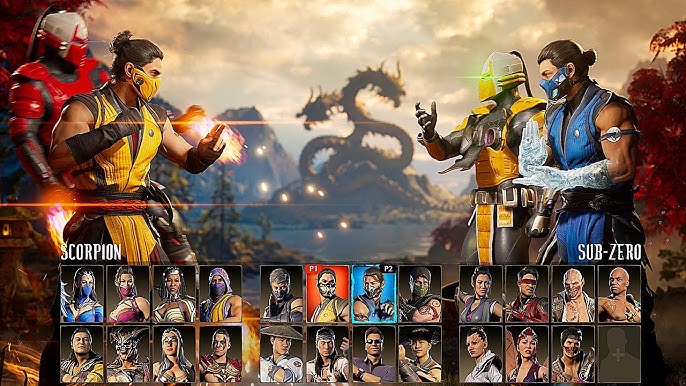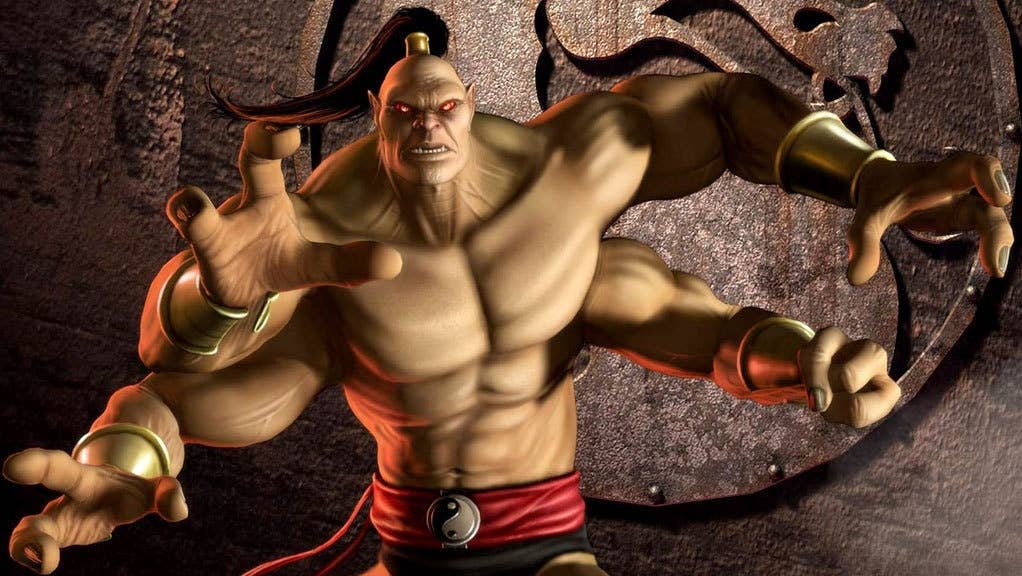Mortal Kombat: The Evolution of a Fighting Game Phenomenon
Introduction:
Since its inception in the arcades of the early 1990s, Mortal Kombat has captivated players with its visceral combat, iconic characters, and groundbreaking graphics. What began as a modest arcade game developed by Midway Games evolved into a global phenomenon that revolutionized the fighting game genre. This essay explores the history, impact, and enduring legacy of Mortal Kombat, tracing its evolution from a niche arcade title to a cultural juggernaut that has left an indelible mark on gaming and popular culture.
Genesis of Mortal Kombat:
Conceived by Ed Boon and John Tobias, Mortal Kombat emerged during the golden age of arcade gaming in the early 1990s. Inspired by martial arts movies and contemporary fighting games such as Street Fighter II, the developers sought to create a game that would stand out in a crowded market. What set Mortal Kombat apart was its distinctive blend of digitized graphics, realistic character animations, and over-the-top violence, including the infamous "Fatality" finishing moves.
Arcade Sensation:
Upon its release in arcades in 1992, Mortal Kombat became an instant sensation, drawing crowds of eager players with its captivating gameplay and shocking visuals. The game's realistic character sprites, digitized from live-action actors, added a level of authenticity and immersion rarely seen in arcade games at the time. However, it was Mortal Kombat's uncompromising portrayal of violence that truly set it apart, sparking controversy and fascination in equal measure.
Controversy and Cultural Impact:
Mortal Kombat's graphic violence and depictions of gore ignited a firestorm of controversy, leading to widespread debates about the effects of video game violence on society. Politicians, parents, and advocacy groups decried the game as morally reprehensible and called for its censorship or outright banning. Despite—or perhaps because of—this controversy, Mortal Kombat's notoriety grew, cementing its status as a cultural phenomenon.
The success of Mortal Kombat spawned a multimedia franchise that transcended the confines of the arcade. Merchandise, including action figures, comic books, and a live-action film adaptation, further fueled the game's popularity and solidified its place in popular culture. Mortal Kombat's iconic characters, such as Scorpion, Sub-Zero, and Raiden, became household names, while its catchphrases and fatalities entered the lexicon of gamers worldwide.
Evolution and Innovation:
As Mortal Kombat's popularity soared, so too did the ambition of its developers. With each successive installment, the franchise pushed the boundaries of technology and gameplay, introducing new characters, features, and innovations that kept players coming back for more. Mortal Kombat II, released in 1993, refined the gameplay mechanics and expanded the roster of fighters, further solidifying the franchise's place in the pantheon of fighting games.
Subsequent entries in the series introduced groundbreaking innovations that shaped the future of the genre. Mortal Kombat 3 introduced the "Run" button and "Chain Combos," adding depth and complexity to the gameplay. Mortal Kombat: Deadly Alliance revamped the fighting system with the introduction of fighting styles and weapon combat, while Mortal Kombat: Deception introduced interactive environments and the critically acclaimed "Chess Kombat" mode.
Reinvention and Resurgence:
Despite its enduring popularity, the Mortal Kombat franchise faced challenges in the early 2000s, as competing fighting games and shifting consumer preferences threatened to overshadow it. However, the release of Mortal Kombat (2011), a reboot of the series, revitalized interest in the franchise and introduced a new generation of players to its rich lore and gameplay mechanics. With its cinematic story mode, robust online multiplayer, and refined combat system, Mortal Kombat (2011) earned critical acclaim and commercial success, paving the way for a new era of Mortal Kombat games.
The success of Mortal Kombat (2011) was followed by a string of successful sequels and spin-offs, including Mortal Kombat X and Mortal Kombat 11. These games continued to push the boundaries of the franchise, introducing innovative features such as "X-Ray" moves, "Fatal Blows," and customizable variations that allowed players to tailor their fighting styles to their preferences. With each new installment, Mortal Kombat reaffirmed its status as a cornerstone of the fighting game community.
Competitive Scene and Esports:
Alongside its success in the realm of casual gaming, Mortal Kombat has also made a significant impact in the world of competitive gaming and esports. The franchise's deep combat mechanics, balanced roster, and intense multiplayer action have made it a staple of fighting game tournaments and competitions. Events such as the Evolution Championship Series (EVO) have featured Mortal Kombat as a mainstay, drawing top players from around the world to compete for glory and prestige.
Mortal Kombat's esports scene has continued to grow, with developer-supported tournaments, online leagues, and community-driven events keeping the competitive spirit alive. The franchise's enduring appeal and dedicated fan base ensure that Mortal Kombat will remain a fixture of the esports landscape for years to come, providing thrills and excitement for players and spectators alike.
Conclusion:
In the annals of gaming history, few titles can rival the impact and influence of Mortal Kombat. From its humble beginnings as an arcade sensation to its status as a global franchise and esports phenomenon, Mortal Kombat has left an indelible mark on gaming and popular culture. With its innovative gameplay, iconic characters, and groundbreaking graphics, Mortal Kombat continues to captivate players and inspire new generations of gamers. As the franchise celebrates its legacy and looks ahead to the future, one thing remains certain: Mortal Kombat will always be remembered as a true fighting game legend.The franchise's deep combat mechanics, balanced roster, and intense multiplayer action have made it a staple of fighting game tournaments and competitions.































